Our roots for negotiation extend far deeper and farther back than we often recognize. Sapiens: A Brief History of Humankind by historian Yuval Noah Harari (Vintage, 2015) presents all human beings' collectively exceptional skills. These skills make us innately proficient at extraordinary communication, such as negotiation.
Sapiens outlines the development of Homo sapiens from several hundred thousand years ago to near the present day. Harari contends that we differ from other animals by a series of surprising and dramatic changes. Those changes span our innate cognitive power, modern agriculture and societies, as well as the scientific method.
Unseen Foundations
Harari premises first that we are unique because of a dramatic improvement in cognitive power over our predecessors. We experienced a ‘Cognitive Revolution’, allowing us to imagine, considering events and actions in the past or future. This capability led to our cooperative invention of agriculture (the ‘Agricultural Revolution’), development of large societies, and systematic investigation of the world (the ‘Industrial Revolution’).
Sapiens builds its agreement on capabilities common to all. Harari indicates our thoughts are so different that they created a competitive edge over all other species. One advantaged concept then built upon another.
The idea of unique human thought evolving from our ancestors predates Harari, but he covers the topic well. Homo sapiens do things that no other animal does. Or, as Harari mentions, “Whatever advantage Einstein had over a parrot, it wasn’t vocal.” Our minds appear to operate differently than the brains of other animals.
Deeply Mysterious
Harari goes back to the early dawn of humankind, well before recorded history. Therefore, he reaches many of his initial conclusions only by inference among a scarcity of past physical evidence (as it is for even renowned anthropologists). Scholars do not debate Harari’s general outline but contest the details.
Harari suggests the ‘Cognitive Revolution’ was dramatic and quick. That is, appearing only in Homo sapiens sapiens, and immediately when they appeared. Few authorities contend we are the same as other animals; indications of our current uniqueness are overwhelming. The domination of Earth by Homo sapiens is hard to deny, for better and worse.
Researchers agree broadly that our capabilities are the product of a long evolutionary path over the past several million years. Harari’s eye-catching position of a ‘Cognitive Revolution’ is very appealing but without robust physical evidence, as it has been for prior authors. An important change, yes; a light switch change, no.
Connective Roots
A few years ago, I struggled to piece together what I understood about negotiation. A shadow of confusion, uncertainty, and frustration enveloped what I knew worked. I could not fully explain the multitudes of successful, and failed, experiences in my personal and professional life. It was a nightmarish tangle, masking a clear view of how we really negotiate to get things done.
Traditional books and courses on negotiation helped but fell short of unifying those experiences. Harari’s book, and in particular the first section titled ‘Cognitive Revolution’, was one of the critical ideas that shone a light on my mess. It changed my perception, highlighting an underlying connection between everyone.
Sapiens illuminates basic skills so universally common that we overlook them. Within a short time, I found negotiation skills crystallizing into the commonly unique tools of the Keys to Negotiation™.
Complexity simplified. We can contemplate and describe the unseen, the imaginary, and expect a future. This is a critical foundation allowing us to negotiate like no other animal.
Confidence in Everyday Distinctiveness
Sapiens provides a foundation of capability for those working to improve their negotiation skills whether CEO, politician, or everyday ‘Dave’. We all can imagine a future solution and work with others to make it a reality. Whether in our families, communities, or businesses, all can become proficient negotiators. It’s in our DNA.

